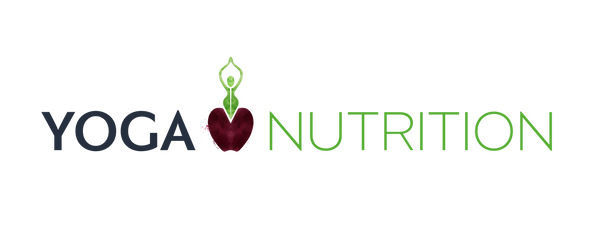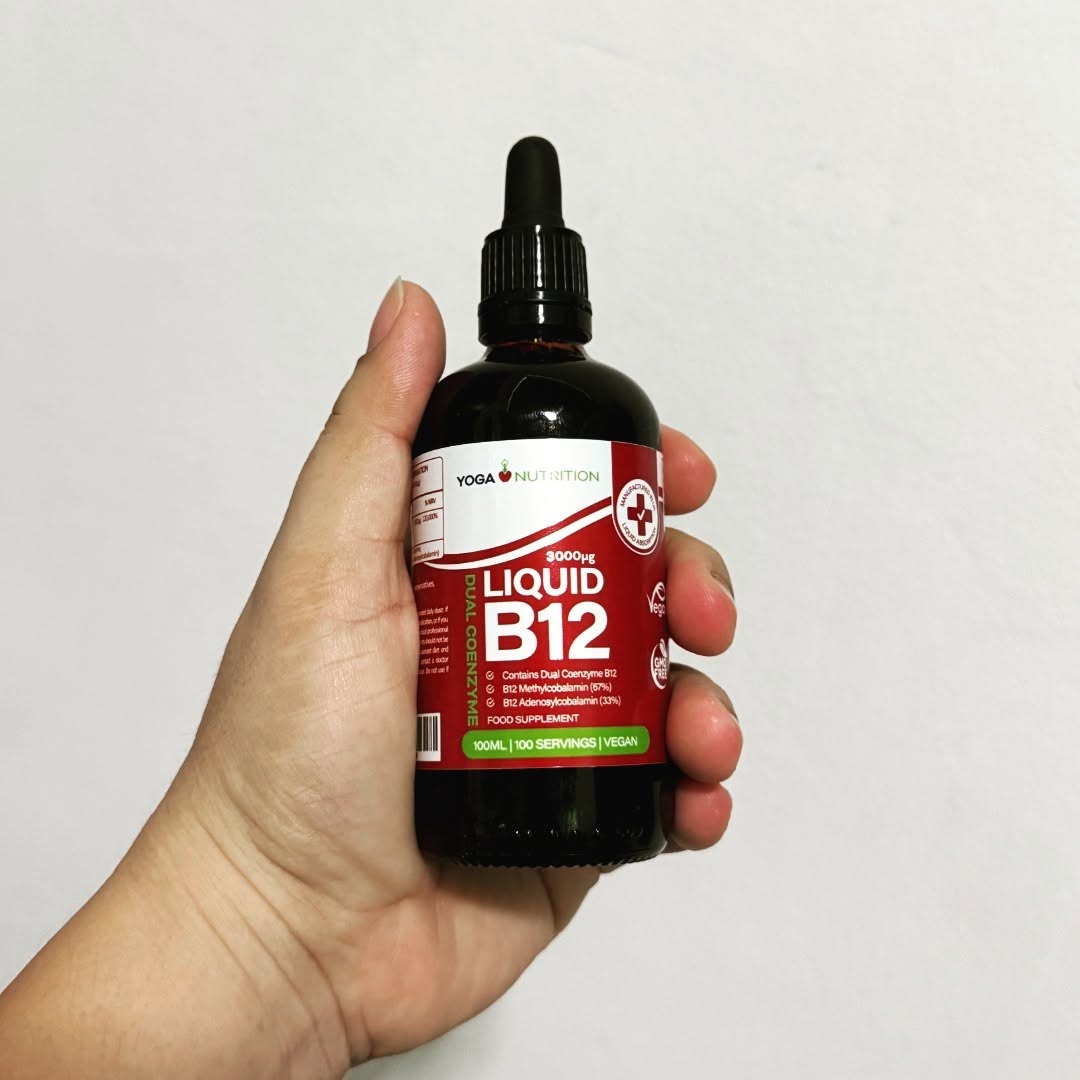
How to Recognize B12 Deficiency and Identify Symptoms and Restore Your Health
Share
Vitamin B12 is an essential nutrient that supports many vital functions in the body, from energy production to nerve health. A deficiency in this essential vitamin can lead to a variety of health issues. In this blog post, we'll guide you through how to recognize B12 deficiency, identify symptoms, and provide solutions to restore your health effectively.

What is B12 Deficiency?
Vitamin B12 deficiency occurs when the body doesn't get enough of this important nutrient. B12 is found in animal-based foods like meat, eggs, and dairy products, so those following vegetarian or vegan diets are often at a higher risk. Deficiency can also occur due to issues with absorption, as in the case of certain medical conditions.
Causes of B12 Deficiency
Understanding the causes of B12 deficiency can help prevent its occurrence. Some common causes include:
- Poor dietary intake - Not consuming enough B12-rich foods, especially in vegan or vegetarian diets.
- Malabsorption issues - Conditions like Crohn’s disease or celiac disease can interfere with the absorption of B12.
- Age - Older adults may have reduced stomach acid production, which impacts B12 absorption.
- Medications - Certain drugs, such as proton pump inhibitors or metformin, can interfere with B12 absorption.

How to Recognize the Signs of B12 Deficiency
Recognizing B12 deficiency is key to addressing the issue before it leads to more severe health complications. Here's how to identify symptoms of B12 deficiency:
1. Fatigue and Weakness
A primary symptom of B12 deficiency is extreme fatigue and weakness. Since B12 plays a role in energy production, a lack of it can cause feelings of tiredness, even after rest.
2. Numbness and Tingling
Vitamin B12 is essential for nerve function. A deficiency can lead to nerve damage, causing sensations of numbness, tingling, or even pain in the hands and feet.
3. Memory Problems and Cognitive Decline
B12 deficiency can affect your cognitive functions, leading to memory problems, confusion, or difficulty concentrating. This is particularly common in older adults.
4. Pale or Jaundiced Skin
A lack of B12 can result in pale or yellowish skin due to the decreased production of red blood cells, which can cause anemia.
5. Mood Changes and Depression
B12 deficiency is linked to mood disorders, including depression and anxiety. This is due to its role in serotonin production, which influences mood regulation.
6. Shortness of Breath and Dizziness
Since B12 is necessary for red blood cell production, a deficiency can cause anemia, leading to shortness of breath and dizziness.
Vitamin B12 Benefits for Overall Health
Vitamin B12 is essential for several key functions in the body, making it essential for good health:
- Supports nerve health - B12 is necessary for the formation and maintenance of healthy nerve cells.
- Boosts energy levels - It plays a role in the production of red blood cells, helping to prevent fatigue.
- Improves mood - B12 contributes to the production of serotonin, helping to stabilize mood and reduce anxiety and depression.
- Aids in brain function - It supports cognitive function, keeping memory and concentration sharp.

How to Restore Health and Overcome B12 Deficiency
Once you've identified B12 deficiency symptoms, it’s important to take action to restore health. Here’s how:
1. Dietary Changes
The first step in overcoming B12 deficiency is to increase the intake of B12-rich foods. These include:
- Meat (beef, chicken, turkey)
- Fish (salmon, tuna, sardines)
- Dairy products (milk, cheese, yogurt)
- Eggs
- Fortified plant-based products (like fortified cereals, plant milks, and nutritional yeast)
2. B12 Supplements
For those who are unable to obtain enough B12 from food sources, taking B12 supplements can help restore levels. These come in various forms, such as tablets, sublingual tablets, or injections. It’s important to consult with a healthcare provider before starting supplementation.
3. Vitamin B12 Liquid Supplements
Liquid B12 supplements are an excellent alternative for individuals who have difficulty swallowing pills. They are easily absorbed and can help restore B12 levels efficiently.
4. Addressing Underlying Health Conditions
If a medical condition is affecting the absorption of B12, such as Crohn’s disease or an autoimmune disorder, addressing these underlying issues can help restore proper B12 absorption.
5. Vitamin B12 Shots
For severe B12 deficiency, injections may be recommended. These bypass the digestive system and provide a direct source of B12, leading to quicker restoration.
6. Regular Monitoring
If you suspect B12 deficiency, it's essential to have regular blood tests to monitor your vitamin B12 levels and adjust your treatment plan accordingly.

Natural Ways to Restore Health from B12 Deficiency
While supplements and dietary changes are essential, there are also natural methods to support the body's ability to restore B12 levels:
- Incorporating B12-rich foods into your diet - This includes foods like salmon, tuna, eggs, and fortified cereals.
- Probiotic-rich foods - Probiotics help improve gut health, which can, in turn, enhance B12 absorption.
- Managing stress - High levels of stress can deplete your vitamin B12 levels, so managing stress with relaxation techniques like meditation or yoga can support recovery.








